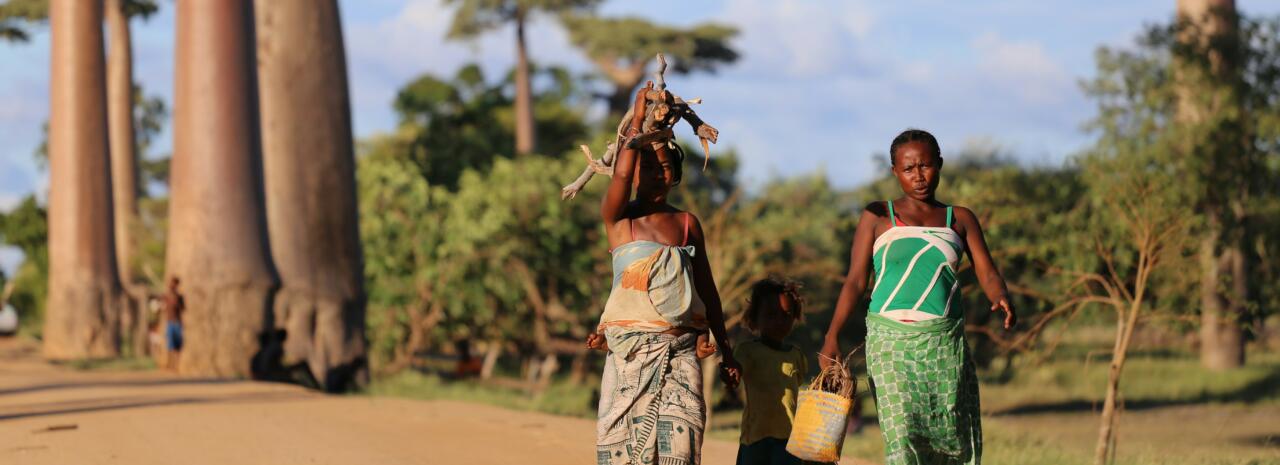
Enhancing adaptive social protection in fragile countries
Genesis partnered with UNICEF headquarters and country offices in Kenya, Guatemala, Iraq, Madagascar and Sierra Leone to analyse pathways for scaling up Adaptive Social Protection (ASP) through Public Finance Management (PFM) systems.
Genesis combined its expertise in social protection, PFM and research with its understanding of fragile contexts to develop a public good that will be utilised by UNICEF teams to strengthen ASP systems in fragile countries.
We assessed the bottlenecks and the role of political economy as well as decision-making processes that affect funding flows across PFM systems. This assessment was part of ASP responses (disbursing cash transfers to beneficiaries) in the five fragile countries over the past five years. Our analysis presented trends in budget allocation and execution related to these responses. The goal was to evaluate the adequacy, efficiency, equity and sustainability of ASP financing.
The analysis drew from a literature review, light-touch case studies showcasing innovative responses to overcoming bottlenecks, cross-country issues of relevance to different contexts and extensive consultations with stakeholders.
Three pathways were investigated based on the budget instruments chosen for the response: supplementary budget, contingency fund, and market or non-market risk transfer instruments. The aim was to assess how responsive governments are according to the intensity of the shock and how budgets for ASP are executed efficiently and in a timely manner.
The report formulates recommendations of interventions to strengthen the scale-up of the social protection system. It also focuses on the disbursal of benefits to crisis-affected populations, considering the specific needs and constraints of different contexts.
The UNICEF initiative is a response to the urgent question of how to manage and improve the performance of social protection and child-focused expenditure in fragile contexts. Polycrises, the simultaneous occurrence of several crises, aggravate the vulnerabilities of children, especially the poorest ones, and impact their welfare. The poorest households tend to have negative coping mechanisms in the face of crises, including selling productive assets or removing children from school, increasing the likelihood of a state of chronic vulnerability.
Consequently, the number, scale, duration and complexity of crises and shocks are on the rise, creating a global context of fragile settings in which children are particularly vulnerable. Fragile contexts account for a quarter (24%) of the world’s population but three quarters (73%) of the people living in extreme poverty worldwide.
Social protection is a crucial means to address poverty and vulnerability to shocks in fragile settings for children. By covering a range of policies and programmes (such as social transfers, programmes to ensure access to services or social support and care services), social protection can reduce the lifelong consequences of poverty, exclusion and impact of crises for children and their families. ASP can respond to shocks by preventing them from transitioning into crises. It can provide continued support in the face of new needs and build resilience. In this way it can further protect children from vulnerabilities.
While there is an increasing awareness of the urgent need for effective ASP, there has been comparatively little focus on the financing of ASP, although the Covid-19 crisis provided increased momentum in this regard. Further, the actual integration of ASP components into social protection policy and programmes remains infrequent and is often underfunded.
The outcome of the UNICEF-led study is to develop a public good with best practices and recommendations. These are designed to overcome bottlenecks through various pathways so that UNICEF country offices can better assist countries in improving funding flows and cash disbursements in fragile contexts. The lessons learned will provide invaluable insights and serve as a vital resource.